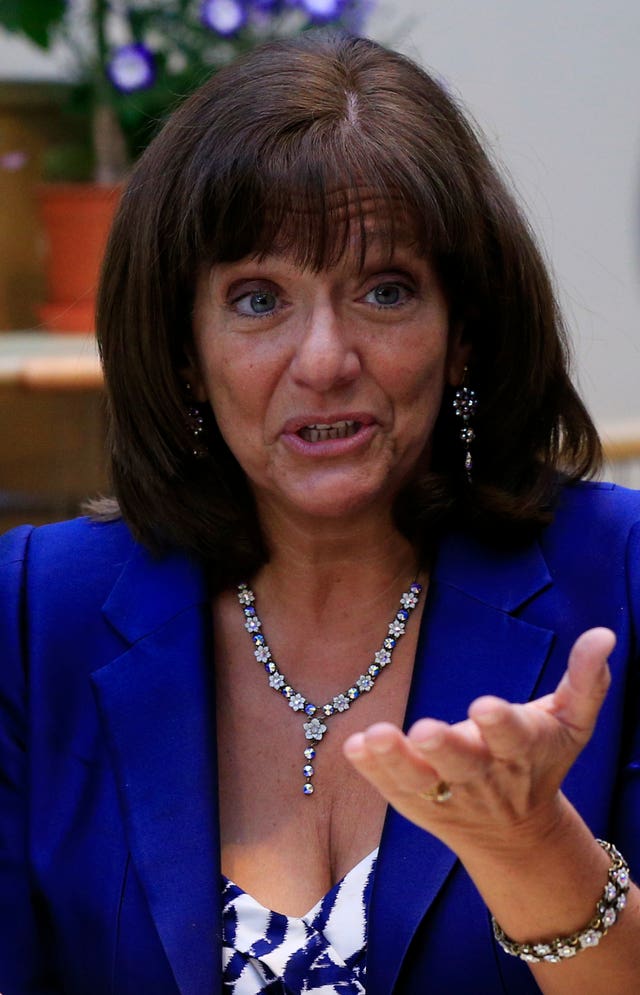Doctors’ leaders have said excluding any section of the population from lockdown easing based solely on age would be “discriminatory”.
NHS England’s national medical director Professor Stephen Powis said on 1 May, that officials will be studying whether stricter measures will or will not have to continue to apply to the elderly when restrictions are relaxed.
But the British Medical Association (BMA) said excluding any section of the population from lockdown easing based on age would be “unacceptable”.
BMA council chair Dr Chaand Nagpaul said: “Any proposal to impose stricter social distancing for those at higher risk – essentially quarantining – based solely on age would be both unethical and illegal.”
He added: “While any strategy to ease the lockdown must ensure the UK does not see a second wave of Covid-19 infection, it must also balance this with the rights and needs of individuals across the UK.”
Powis said at the Downing Street briefing on 1 May: “The over-70s can be absolutely fit and healthy, it’s not the case that everybody over 70 has a chronic health condition or underlying disease.
“As we look forward… I think it’s a perfectly reasonable question to say how would that work in age groups and age bands?
“Although we do know that complications and unfortunately deaths are more common in the elderly even without complications, I think that’s for consideration and that’s work that we will need to do as we move forward.”

Former minister Ros Altmann said on Sunday that using age-based criteria to lift restrictions would send a message that older people’s lives “don’t count in the same way as others”.
Comedian Michael Palin, 76, agreed in a separate interview that age restrictions would be “very difficult and very wrong and very unfair”.
Speaking to Sky’s Sophy Ridge On Sunday, Altmann said: “I think using an age-based criteria is fundamentally wrong and would potentially cost the lives of many people, and risk social unrest.”
She also said that many elderly people have only accepted lockdown conditions “because everyone else has got to do it,” and “lots of them” have said they would “risk going to prison” rather than continue isolating.
She added “nobody would dream” of applying restrictions on the basis of skin colour, despite a higher death rate among BAME people.
Speaking on the BBC’s Andrew Marr Show, Palin said: “I think it’s a difficult call every time but you’ve got to be more selective here, because there are a great deal, a great number, of people in their 70s who are very active, very thoughtful, who’ve got lots of ideas, can contribute to our recovery.

“And I think that to treat them all as people who have to be sort of kept out of sight is going to be very difficult and very wrong and very unfair on a lot of people who want to help.”
Charity director at Age UK Caroline Abrahams also spoke out against “blanket policies based on age”.
Meanwhile, health secretary Matt Hancock has said it is “wrong and deeply misleading” to say that people aged over 70 are regarded as clinically vulnerable regardless of medical conditions – apparently contradicting advice published on the government’s own website.
He took to Twitter to dismiss a report that all people over 70 face a ‘blanket ban’ and have been warned they must stay in lockdown for at least 12 weeks even if they have no underlying health condition.
Responding to the Sunday Times lead story, Hancock tweeted: “We have strongly advised all over 70s to follow social distancing measures.
“However, there is no ‘blanket ban’, and the suggestion that the clinically vulnerable “include ‘people aged 70 or older regardless of medical conditions’” is wrong and deeply misleading.”
That prompted some on social media to point to advice published on the government website on 1 May which includes the words: “Clinically vulnerable people are those who are: aged 70 or older (regardless of medical conditions)….”
When contacted the Department of Health and Social Care said the over 70s “are not included in the most at risk group (extremely clinically vulnerable), who have been told to isolate for 12 weeks”.
















